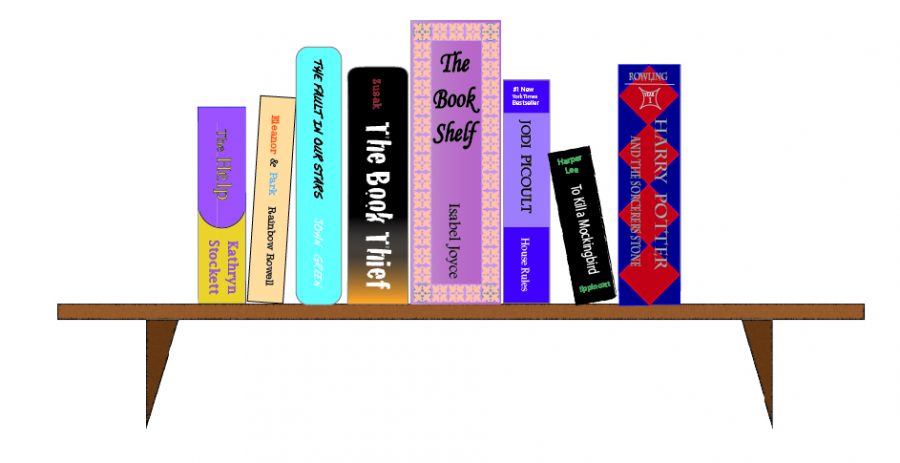by Isabel Joyce
“House Rules” by Jodi Picoult tells the intriguing story of Jacob Hunt, a teen with Asperger’s syndrome who becomes caught up in the investigation of a murder.
The book opens as Hunt’s mother walks into her house to find papers scattered, furniture thrown askew, and footprints pointing to the motionless body of her son.
Not to worry, this is a common scene in the Hunt household: Jacob obsessively watches Crime Busters and has an odd passion for solving mysteries. He often sets up crime scenes such as this, and has his mother try to guess what happened, leaving clues for her to pick up. However, Jacob takes his passion outside the safety of his home when he starts to show up at investigation scenes, providing unwanted help to the police while they solve real-life crimes.
One day, Jacob becomes wrapped up in a crime scene involving the death of his tutor, in which he is the key suspect. The court has to decide whether or not his failure to make eye contact, tell the complete truth, and follow the rules, is simply his Asperger’s, or signs of a guilty suspect.
The book, which switches between all characters’ perspectives, provides key insights to help the reader struggle with the incredibly difficult question: is Jacob guilty? Hearing the perspective of Jacob, his mother, his brother, the lawyer, and other important characters, is highly suspenseful. Picoult does a tremendous job at nailing the voice and thoughts of a person with Asperger’s versus his mother, and all her worried thoughts.
Picoult titles each chapter with the name of the character whose perspective will be narrated. Even though the numerous perspectives are quite interesting, there are so many different characters to remember, that at first, trying to remember which character matches with which name results in a quick game of concentration.
Each perspective demonstrates a different type of persona, one that is sure to relate to the reader in some way.
The police officer, who only abides by the rules of the law, expresses a compelling story of trying to deal with a teen with a mental illness, and trying to get the straight “yes or no” answer out of him.
The lawyer expresses many concerns and worries about how he can defend his client, who—to the public—appears to show a guilty face everytime he can’t look the judge in the eyes.
Jacob’s brother helps provide the realistic perspective of what it’s like to have a sibling with a mental illness, and what the label inflicts on him, as his brother.
Jacob’s perspective differs completely from any other character in the book. He understands how people must see him, but is unable to change the way he thinks and responds to others’ actions. He takes life very literally and follows all the rules. However, the lines seem to blur for him when he has to differ between the rules of the law and his mother’s house rules.
Picoult is notorious for writing court-case-related novels, and this particular story is incredibly written, and impossible to put down. The book pulls the reader in by the first page, and it’s so easy to get so absorbed in. Its only flaw is trying to recollect the numerous characters within the first couple chapters of the book.
Picoult beautifully writes an intriguing novel that deals with major courtroom issues concerning moralities of whether or not to punish a person with a mental disease versus what the law commands.
Categories:
The Bookshelf: "House Rules" questions readers' moralities in suspensful court case
June 9, 2015
0
Donate to The Newtonite
More to Discover
















































